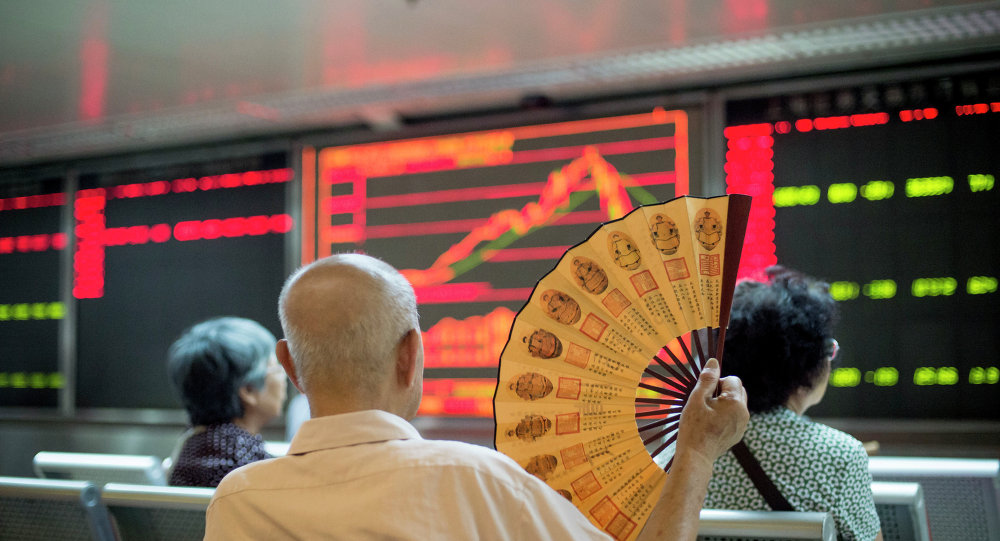Mainland China’s economy outperformed expectations in November due to Beijing’s aggressive monetary stimulus and other policy measures aimed at rebalancing the Communist nation’s economy away from its exports-driven growth model toward one more reliant on domestic demand. Industrial production, retail sales and fixed-asset investments have all posted significant yearly gains, suggesting a more solid foundation for the mainland’s further economic development.
According to several reports published by the Beijing-based National Bureau of Statistics over the weekend, mainland China’s macroeconomic situation has stabilized greatly with the world’s second largest economy’s exposure to overseas risks having diminished. Mainland’s manufacturing output gained an annualized 6.2% in November, above earlier anticipations, despite the significant disinflationary risks amidst low overseas demand for made-in-China goods.
Retail sales for the same month climbed a massive 11.2% compared to a year earlier, indicating that Chinese domestic demand is becoming a more prominent factor driving the economy and reflecting a certain degree of success in Beijing’s economic policy efforts. Meanwhile, fixed-asset investment rose an annualized 10.2% in November suggesting the overall GDP growth might at least stabilize at its current 6.9% per year.
However, the central government in Beijing acknowledges the necessity for further reform, as this interim success has only diminished the existing risks to the Chinese economy without resolving most of its structural problems. According to the new five-year plan of economic development, announced in October, the Chinese authorities are aiming at improving the labor market situation, where the existing abundance of cheap workforce is holding back the expansion of the Chinese middle class, which, in turn, is the main driver of domestic consumption.
Another measure the Chinese authorities are currently discussing is a decrease in taxes in order to boost supply-side sustainability, encourage production efficiency and provide support to the private sector.
